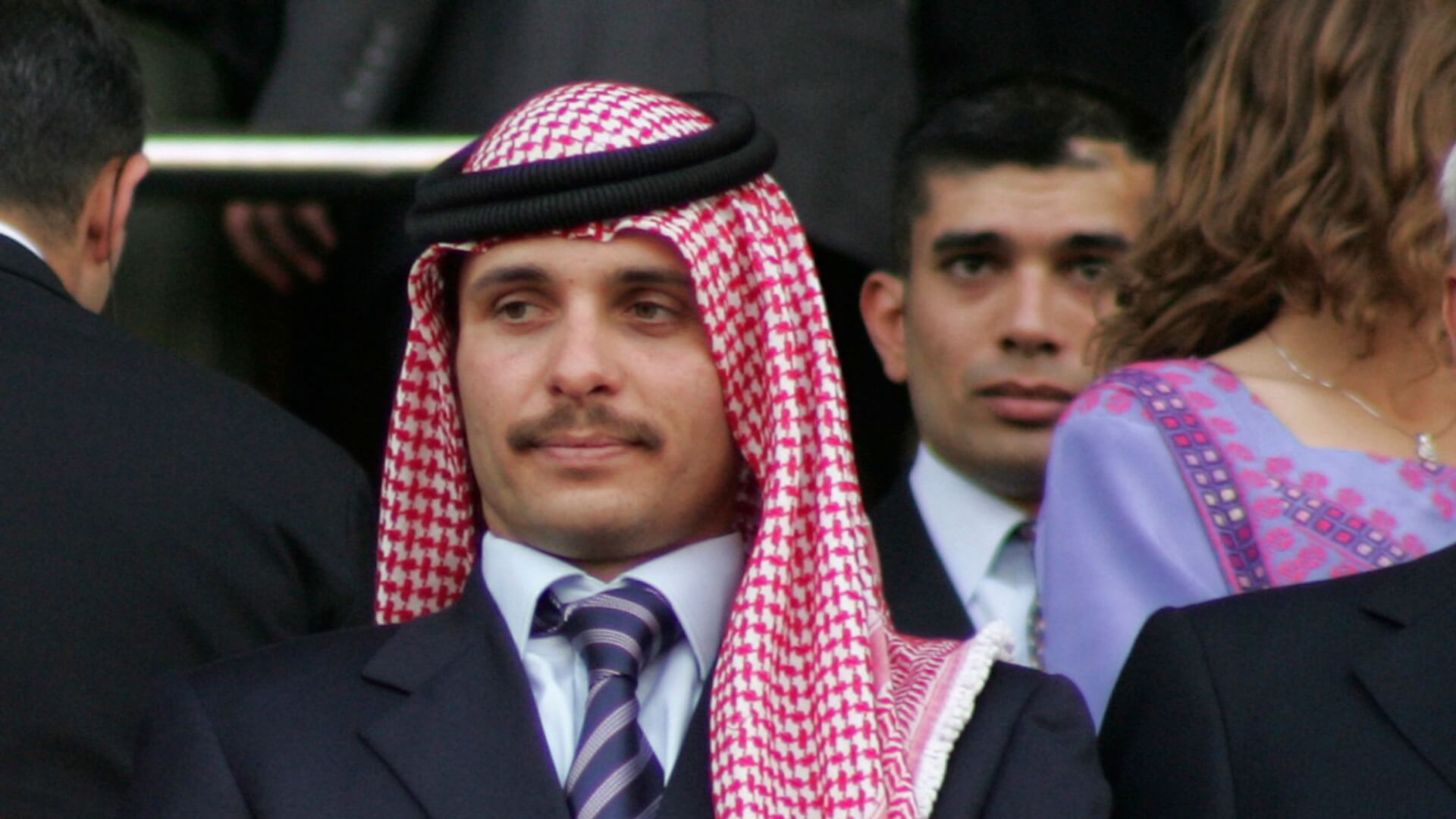On Saturday, Jordanian authorities said that they had uncovered and thwarted a coup plot aimed to destabilise the Kingdom by former Crown Prince Hamzah bin Hussein and his aides. Deputy Prime Minister and Foreign Affairs Minister Ayman Safadi said that the Prince and others were involved in activities targeting “the security and stability of the homeland,” and that investigations into the matter were conducted over a long time. In a video released by the BBC, the royal said that he had been placed under house arrest by authorities and denied any wrongdoing.
In a statement on Sunday, the General Command of Jordan’s armed forces said that it had asked the Prince to stop all movements and activities that threatened the country’s security and stability and to cooperate with the ongoing investigations, which are being carried out by the Jordanian armed forces, the intelligence department, and the public security directorate.
According to a report by Reuters, Jordanian authorities are furious over Prince Hamzah forming alliances with tribal groups critical of the King. The prince has also been accused of colluding with “external parties” and engaging in suspicious activities that could hurt the nation’s interests. Though King Abdullah himself is reportedly trying to “talk directly” with his half-brother to resolve the issue, the Prime Minister’s office said that Jordan’s security and stability “take precedence over every consideration, and all necessary legal measures will be taken to protect it.”
In 2004, the King stripped Prince Hamzah of his title of Crown Prince and it is alleged that he has been disgruntled ever since. However, he has denied being part of any conspiracy. In the BBC video, the Prince said, “I am not responsible for the lack of faith people have in their institutions” while referring to the flagrant “corruption and incompetence” in the country. This sentiment was also echoed by Hamzah’s mother, Queen Noor, the widow of late King Hussein, who tweeted that she was “praying that truth and justice will prevail for all the innocent victims of this wicked slander.”
Saturday’s events were unprecedented in the Hashemite Kingdom’s history, as Jordan is viewed as one of the most stable countries in the region. However, the influx of Syrian refugees and the ongoing coronavirus pandemic have left the nation’s economy in shambles, and rising unemployment rate has left many dissatisfied with the Kingdom’s state of affairs.
Nevertheless, King Abdullah has received widespread support for its handling of this latest challenge, from both regional and international allies. A statement released by the Royal Hashemite Court (RHC) said that the monarch on Sunday received calls from the leaders of Morocco, Bahrain, Qatar, and Kuwait, who “expressed full solidarity with Jordan” and voiced their support for “all measures and decisions taken by Jordan to safeguard its security and stability.”
Likewise, in a phone call with King Abdullah, Saudi Crown Prince Mohammed bin Salman (MBS) reasserted Saudi Arabia’s full solidarity and support to Jordan, while regional organisations like the Arab League, Gulf Cooperation Council (GCC), and the Organisation of Islamic Cooperation (OIC) backed all measures taken by Jordan to maintain its security.
Similarly, Iranian Foreign Ministry spokesperson Saeed Khatibzadeh said that “all internal affairs of countries must be pursued within the framework of law,” while Israel’s Defence Minister Benny Gantz said that Israel was willing to provide Jordan with assistance and called the incident an “internal Jordanian issue.” The United States (US), a key ally of the Kingdom, also expressed its support for Amman by saying that King Abdullah is a “key partner and he has our full support.”
Prince Hamzah was detained along with many of his close aides, including former Finance Minister Bassem Awadallah and royal family member Sharif Hassan Ben Zaid. FM Safadi said that some 14-16 people were under arrest, but did not release the details of the other individuals.
Jordan’s Prince Hamzah Placed Under House Arrest After Leading Attempted Coup
In a video released by the BBC, Prince Hamza said that he was placed under house arrest by authorities and denied any wrongdoing.
April 5, 2021

Prince Hamza bin Hussein of Jordan SOURCE: SKY NEWS
